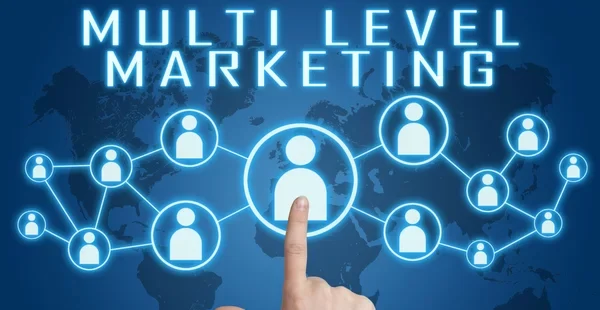Multi-Level Marketing (MLM) Business Models

Multi-Level Marketing (MLM) business models have become a significant component of the modern entrepreneurial landscape, offering individuals the opportunity to start their own businesses and build networks of independent distributors. In this blog post, we will explore the various categories and types of MLM businesses and examine their relevance to our economic and social lives.
Categories and Types of Multi-Level Marketing Business
MLM businesses encompass a wide range of products and services, and they can be categorized based on the nature of the offerings, the target market, and the distribution model. Here are some of the common categories and types of MLM businesses:
1. Health and Wellness: This category includes companies that market health supplements, weight management products, nutritional beverages, and personal care items. Health and wellness MLMs often focus on promoting products that cater to consumers’ desire for improved well-being and vitality, tapping into the growing interest in holistic health and self-care.
2. Skincare and Beauty: Skincare and beauty MLM companies offer a variety of cosmetics, skincare products, and beauty accessories. These businesses often emphasize the benefits of natural ingredients, sustainable practices, and personalized beauty routines, catering to diverse consumer preferences and lifestyle choices.
3. Household and Lifestyle: MLM businesses in this category promote a range of household products, including cleaning supplies, kitchen essentials, and home decor items. By offering practical and aesthetically pleasing solutions for everyday living, these companies seek to provide value and convenience to households while empowering independent distributors to build customer relationships.
4. Financial and Insurance Services: Some MLM models focus on financial products, such as investment opportunities, insurance policies, and wealth management tools. These businesses aim to address consumers’ financial needs and goals, while empowering individuals to educate others about personal finance and secure their financial futures.
5. Technology and Innovation: A growing trend in MLM involves companies promoting technology products and innovative gadgets, such as smart home devices, wearable technology, and digital services. These businesses tap into consumers’ fascination with tech advancements and offer distributors the chance to showcase cutting-edge solutions to potential customers.
Relevance to Our Economic and Social Lives
The relevance of MLM businesses to our economic and social lives stems from several key aspects that have a tangible impact on individuals and communities:
Entrepreneurial Opportunities: MLM offers individuals the chance to become entrepreneurs with relatively low start-up costs and flexible business structures. This can be especially valuable in economies where traditional employment may be limited, providing an avenue for economic empowerment and income generation.
Community Building: MLM companies often prioritize relationship-building and community engagement, encouraging distributors to connect with customers and develop support networks. This social aspect can foster a sense of belonging and shared purpose, promoting collaboration and mutual support within the network.
Product Accessibility: Many MLM businesses bring products and services directly to consumers, often through word-of-mouth marketing and personalized recommendations. This direct approach can make high-quality products more accessible to consumers, particularly in regions where traditional retail options may be limited.
Skill Development: Engaging in MLM can provide individuals with training and skill development opportunities, including sales and marketing techniques, business management, and interpersonal communication skills. This can empower distributors to build valuable capabilities that extend beyond their involvement in MLM.
However, it’s important to note that the relevance of MLM to our economic and social lives also raises important considerations, such as ethical business practices, consumer protection, and regulatory oversight. While MLM can offer opportunities for entrepreneurship and community engagement, it is also important for individuals to approach these opportunities with critical thinking and a clear understanding of the dynamics and potential risks involved.
In conclusion, the diverse categories and types of multi-level marketing businesses play a multifaceted role in our economic and social lives, offering opportunities for entrepreneurship, community building, and product accessibility. By understanding the nuances and implications of MLM, individuals can make informed decisions about their involvement and leverage the potential benefits while navigating the associated challenges.

Leave a comment